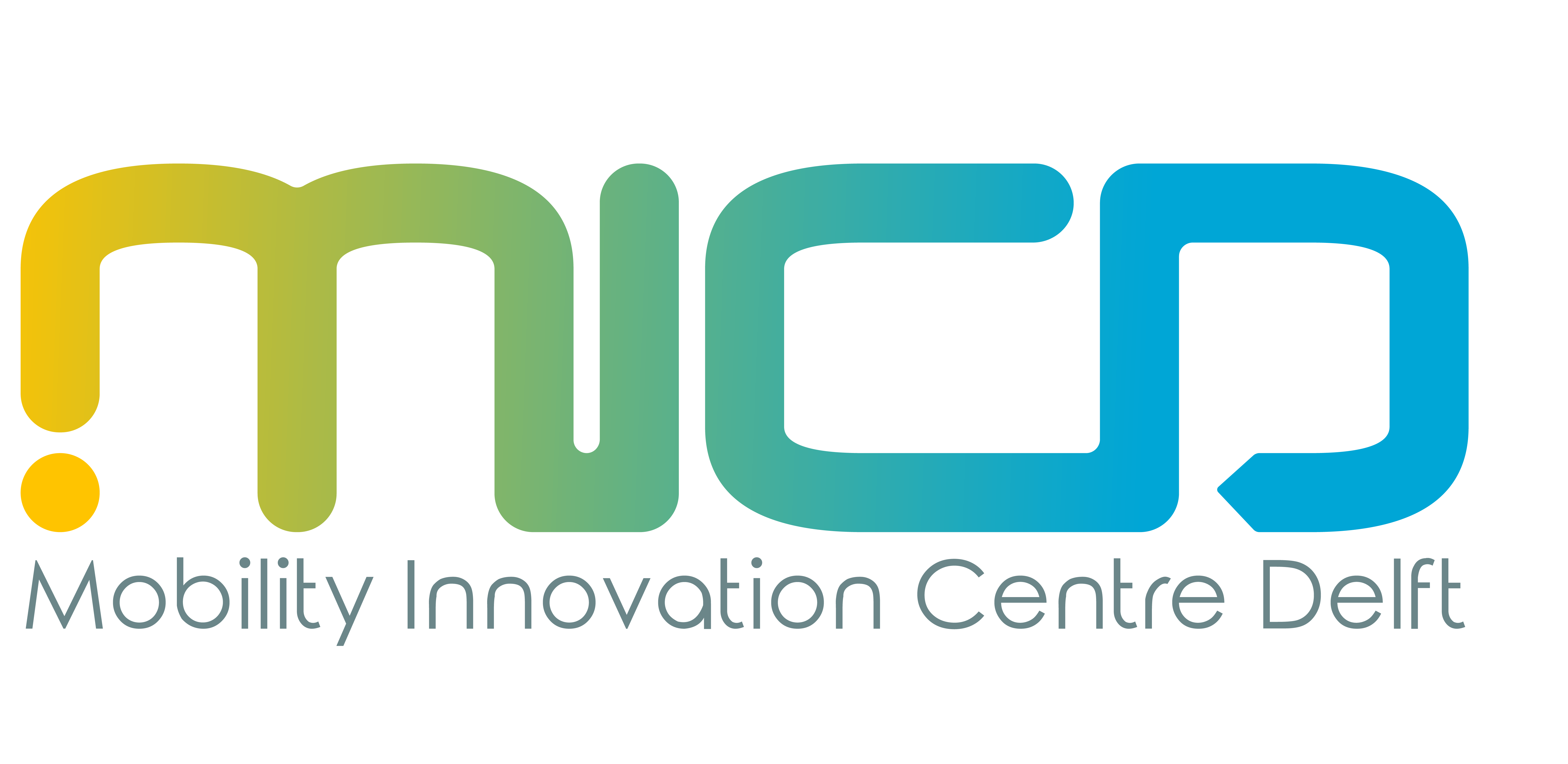Reading the crowd, monitoring walking flows, and taking timely measures – the work of crowd managers is not easy. Professor Tina Comes is therefore investigating how artificial intelligence (AI) can support them in their tasks. She pays close attention to ensuring that this AI assistance is transparent and accountable. She explores why the advice is formulated in a particular manner and whether it is a situation in which AI can provide advice.
Project
AI-CompassTeam
Tina Comes (TU Delft), Sascha Hoogendoorn-Lanser (MICD), Serge Hoogendoorn (TU Delft), Andrej Zwitter (RUG)Parties
Argaleo, Future City Foundation, municipality of The Hague, municipality of Rotterdam, Multi Intelligence Centre, National Police, province of South Holland, WE Labs
You want to use AI for crowd management. Why?

Tina Comes, professor of Decision Theory & ICT for Resilience at TU Delft’s Faculty of Technology, Policy & Management
“Our main concern is to give crowd managers of the police or event organizations extra ‘eyes’. There are already systems for crowd management, and they can present all the data about the crowds on the boulevard of Scheveningen, for example, just fine. However, it remains difficult to ‘read’ a crowd. This is especially true in emergency situations: a crowd manager is then under enormous pressure to act now, immediately. We know from research that decision-makers then automatically fall back on experience and intuition. They are less able to process and appreciate new information, for example.
“Artificial intelligence can help in these situations: AI is very capable of recognizing patterns in data and can thus spot problems early, well before they get out of hand. AI systems are also strong at interpreting problems and can even suggest possible measures. However, we must be cautious about potential pitfalls associated with relying solely on AI.”
How do you mean?
“On the one hand, falling back on pure experience and intuition is not good. But relying blindly on AI is just as unwise. So what we need is a crowd management system where the AI advice is transparent and traceable. What does the system base its advice on? What might the detected problem lead to, and what does the proposed action do about it? It is also important that AI knows its own limits, so to speak. For example, what are situations in which the system is perfectly capable of giving advice? When should AI’s role be supportive at most? Moreover, it is still important to present that information and advice at the right time and in the right way. We don’t want to create ‘information overload’, so what does a manager need, and what can they handle?”
How do you plan to do that?
“We include ethical and legal aspects in our project from the very beginning. How do citizens and other stakeholders view the deployment of AI? What about liability? And how do we, as humans, remain ‘in control’? We deploy the latest techniques for data collection and explainable AI, AI that is understandable to humans. We also pay close attention to how we present information. For example, we are going to investigate how people take in and process information and how that affects their decision-making behavior. Does the information you find improve your decisions? Which information is most important? At what point do you need it? We use serious gaming for this purpose. With that gaming approach, we can safely study the very dynamic and stressful situations of a potential crowd incident. We then use all the new knowledge and insights we gain to develop tools that are socially responsible, transparent, and tailored to the information needs of decision-makers.”
How important are those tools?
“Very important! Crowd management is not only difficult, but calamities and incidents are occurring with increasing frequency. This is due in part to outdated and often overloaded infrastructure, as well as the many large events that are being organized again after the pandemic. But also think of the increased social tensions and the greater likelihood of extreme weather. Crowd managers could really use some intelligent, data-driven help!”
Behavior, information processing, and decision support seem to be your favorite topics. Where does this interest come from?
“I have a background in mathematics and decision-making. I participated in a field study on Typhoon Haiyan in 2013, alongside researchers studying coordination and decision-making. While I am still a proponent of data and AI in crises and disasters, I realized that the harsh conditions under which operational decision-makers, in particular, work take a toll. There is pressure to respond quickly, constant emails and requests for help, all combined with a lack of sleep. This inspired me to delve into how a person makes decisions. I am convinced that only when we see everything in context can we design AI that is usable and useful for crises.”

